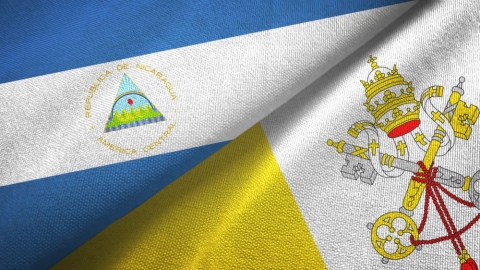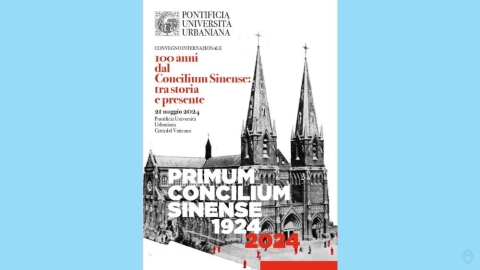St. John the Evangelist

Tombeau de l'Apôtre Saint Jean l'Evangéliste, à Ephèse
The Life of St. John according to St. Jerome (Lessons from the Roman Breviary on December 27)
John, the beloved Apostle of Jesus, son of Zebedee and brother of the Apostle James, whom Herod had beheaded after the passion of the Lord, was the last to write the gospel. He did so at the request of the bishops of Asia, to fight Cerinthus and other heretics, and especially the doctrine then beginning to emerge from the Ebionites, who claim that Christ did not exist before Mary. This instilled a determination in St. John to make known to us Jesus’ divine generation.
In the fourteenth year of Domitian, in the persecution excited by this prince, the second after that of Nero, St. John was banished to the island of Patmos, where he composed the Apocalypse, which was interpreted by St. Justin Martyr and St. Irenaeus. After the death of Domitian, the Senate hastened to annul the acts of this prince, characterized by unusually great cruelty. Thus, under Nerva, St. John was able to return to Ephesus, and to remain there until the reign of Trajan. He founded and ruled all the churches in Asia. Finally, overwhelmed with old age, he died sixty-eight years after the Savior's passion and was buried in the same city of Ephesus.
St. John the Evangelist remained in Ephesus until the end of his life. As he could hardly be carried to church by the disciples, and it was impossible for him to give them a sustained discourse, he addressed each of them at a meeting with only these words: My little children, love one another. Finally his disciples and the faithful present, tired of hearing the same thing over and over, said to him: Master, why do you always give us this recommendation? Then he gave them this answer worthy of John: Because it is the precept of the Lord; and if you fulfill that one commandment, it is enough.





